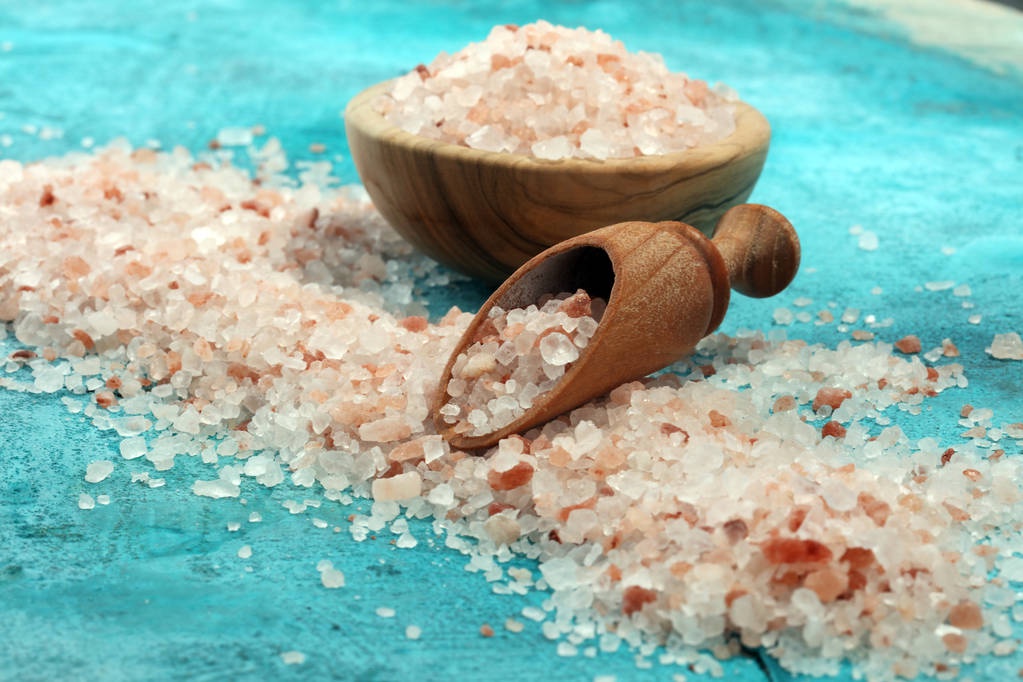Intermittent fasting, characterized by alternating cycles of eating and fasting, has emerged as a popular dietary strategy for weight management and potential health benefits. However, the impact of salt consumption during intermittent fasting remains a topic of interest and concern. Salt, composed mainly of sodium chloride, is crucial for bodily functions but can affect electrolyte balance, hydration, and metabolic processes, potentially influencing the fasting experience. Understanding the implications of eating salt during intermittent fasting is essential for individuals seeking to optimize their fasting regimen while maintaining overall health.
Understanding Intermittent Fasting
Intermittent fasting has gained immense popularity as a dietary approach not only for weight management but also for its potential health benefits. This eating pattern involves cycling between periods of eating and fasting. The fasting window restricts food intake, allowing the body to tap into stored energy reserves, which can promote fat burning and enhance metabolic health. However, the impact of consuming salt during intermittent fasting is a topic that requires careful consideration due to its potential effects on the body’s physiology.
Salt Consumption and Its Effects on Intermittent Fasting
Electrolyte Balance: The Crucial Aspect
Salt, primarily composed of sodium chloride, plays a vital role in maintaining electrolyte balance within the body. During fasting periods, the absence of food intake can lead to a reduction in electrolytes, including sodium, potassium, and magnesium. While moderate salt intake is essential for bodily functions, excessive consumption, especially when coupled with fasting, can disrupt this delicate balance, potentially leading to issues like dehydration or electrolyte imbalances.
Impact on Hydration Levels
Consuming salt during intermittent fasting can affect hydration levels. Salt retains water in the body, and an increase in salt intake without adequate fluid intake may lead to water retention or dehydration. This becomes crucial during fasting periods when the body might already be in a state of reduced fluid intake. It’s essential to strike a balance between salt consumption and hydration to prevent adverse effects on the body’s water balance.
Metabolic Changes and Salt Intake
The relationship between salt intake and metabolic health during intermittent fasting is complex. Some studies suggest that increased salt consumption might affect insulin sensitivity and glucose metabolism, potentially impacting the body's response to fasting. Excessive salt intake can lead to insulin resistance, which contradicts the potential benefits sought through intermittent fasting, such as improved insulin sensitivity.
Considerations for Individuals Practicing Intermittent Fasting
For individuals following intermittent fasting, it’s crucial to be mindful of their salt intake. Opting for high-quality, mineral-rich salts like Himalayan pink salt or sea salt in moderate amounts may provide essential electrolytes without excessively disrupting the body’s balance. Additionally, staying adequately hydrated by drinking water and consuming electrolyte-rich foods during eating windows can help mitigate the potential negative impacts of salt consumption during fasting.
Tips for Managing Salt Consumption During Intermittent Fasting
1. Choose High-Quality Salt:
Opt for high-quality salts like Himalayan pink salt or sea salt, which contain essential minerals beyond just sodium chloride. These options can provide additional electrolytes that support the body's needs during fasting periods.
2. Monitor Salt Intake:
Be mindful of the quantity of salt consumed, especially during fasting periods. Excessive salt intake can disrupt electrolyte balance and hydration levels. Consider using salt in moderation to avoid potential adverse effects.
3. Prioritize Hydration:
Balance salt intake with adequate hydration. Drink plenty of water during eating windows to maintain proper hydration levels and counteract the potential water-retaining effects of increased salt consumption.
4. Incorporate Electrolyte-Rich Foods:
Include electrolyte-rich foods in your meals during eating periods. Foods such as leafy greens, avocados, nuts, and seeds can supplement essential electrolytes, reducing reliance solely on salt intake.
5. Consult a Professional:
Seek guidance from a healthcare professional or a registered dietitian, especially if you have specific health concerns or medical conditions. They can provide personalized advice on managing salt intake while practicing intermittent fasting.
6. Track Your Body's Response:
Pay attention to how your body responds to salt consumption during fasting. Monitor changes in hydration, energy levels, and overall well-being. Adjust your salt intake accordingly based on how your body reacts.
7. Experiment and Adapt:
Intermittent fasting is a personalized approach. Experiment with salt intake levels during fasting periods and observe how it impacts your fasting experience. Adapt your approach based on what works best for your body.
Conclusion
Eating salt during intermittent fasting warrants attention as it can influence electrolyte balance, hydration levels, and metabolic processes within the body. While moderate salt intake is necessary for bodily functions, individuals practicing intermittent fasting should strike a balance to avoid disruptions in their fasting regimen and overall health. Consulting a healthcare professional or a registered dietitian for personalized guidance on salt consumption during intermittent fasting is advisable to optimize health outcomes.


No comments yet